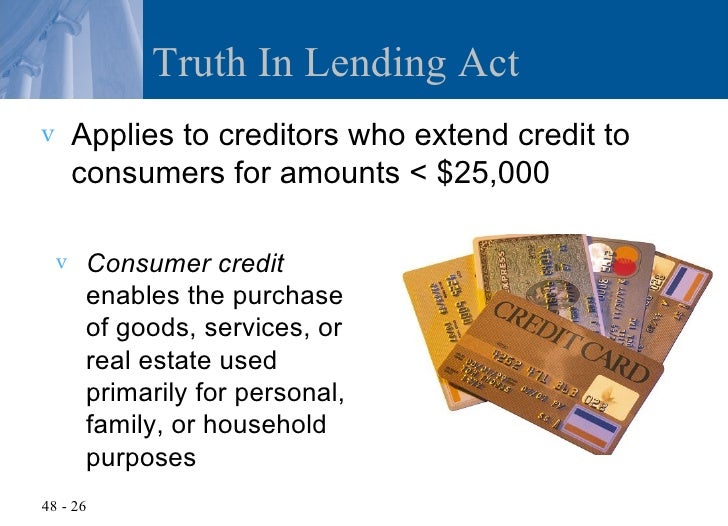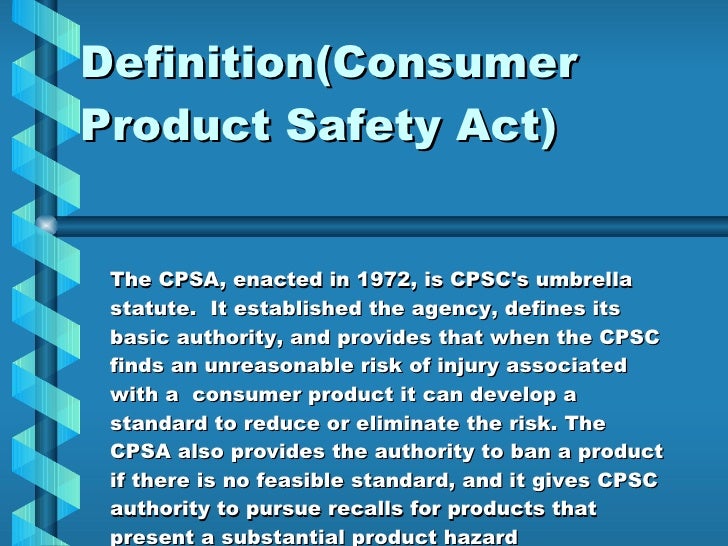Table of Content
But on the other hand, a contractor who understands these requirements can ensure that his contracts are enforceable under HICPA. In the current hot real estate market, many homeowners looking to sell are conducting home improvement projects to increase the value of their homes. And with work-from-home culture becoming a permanent staple across many industries, people are improving their living and workspaces in their homes. Home improvement projects aren’t cheap, and neither are the potential consequences of a dispute between homeowner and contractor.

HICPA imposes strict requirements on home improvement contracts and contractors; provides additional protections to consumer homeowners; and imposes potentially steep penalties against home improvement contractors who fail to comply. HICPA can be both a sword and a shield for the consumer homeowner hiring someone to conduct a home improvement. While HICPA aims to protect consumer homeowners from bad-acting contractors, contractors who are well-versed in HICPA’s requirements can avoid its pitfalls, avoid harsh penalties, and go into projects with confidence knowing their contracts are compliant. Changes are almost inevitable in construction. Most boilerplate construction contracts require that changes be done on a time and material basis -- usually with little or no markup.
Highlights of HICPA
These contracts must include certain notices about the contractor, including information about the contractor’s registration number and insurance levels. HICPA also requires the inclusion of several other provisions that do not ordinarily appear in home improvement contracts, such as a notice with the telephone number for the Office of the Attorney General where consumers can confirm the contractor’s registration. This is the homeowner’s potential sword against a home improvement contractor that violates one of HICPA’s prohibitions. In Pennsylvania, consumers are protected from being made the victim of a home contractor’s deceptive or fraudulent practices by the Home Improvement Consumer Protection Act .

Prior to 2009, consumers could bring suit against home improvement contracts under several common law theories, including breach of contract or fraud. Nothing specifically dealt with the numerous so called home improvement contractors who misrepresented themselves as professionals or experts. HICPA imposes a monetary threshold and only governs contracts for which the total cash price of all work agreed upon between the contractor and owner is more than $500. Further, the services must fall within HICPA’s definition of “home improvement,” which includes several categories of services such as repairs, replacements, demolition, removal, renovation and modernization. Further, home improvements extend beyond the home itself, such as the construction improvement of swimming pools, porches, decks, driveways and fences.
Understanding the Home Improvement Consumer Protection Act
Any unregistered contractor that continues to provide home improvement services after July 1, 2009 could be subject to possible enforcement actions and civil penalties in excess of $1,000. After entering into a contract, changing the name of the contractor’s business, liability insurance information or address or any other identifying information in a fraudulent or deceptive manner likely to cause confusion or misunderstanding without advising the owner in writing. In Pennsylvania, homeowners have three business days from the date the contract was signed to rescind it — and a notice of these rights must be stated in the contract.

In addition, the Act at Section 517.7 requires that in order for a home improvement contract to be valid and enforceable against the owner of residential real estate, that contract must be in the form of a signed writing bearing the contractor’s registration number. In order to avoid confusion, the Act requires that the amount of the down payment and the cost of special order materials be listed separately. The Act also prohibits a contractor from changing the contract specifications without a written change order signed by both the owner and contractor. Further, the Act requires that any contract include a notice of the owner’s right to rescind the contract without penalty within three business days of the date of signing, regardless of where the contract was signed. Finally, the Act sets forth a number of “prohibited acts” which, though not necessarily constituting crimes, can result in the imposition of civil liability.
Prince Law Offices, P.C.
Meanwhile, Pennsylvania home improvement contractors should consult with their legal counsel before July 1, 2009 to ensure that they are in compliance with the Act prior to its effective date. Residential and restoration contractors in Pennsylvania should ensure that their contracts meet all of these requirements. Failure to comply with these requirements could lead the contractor to liability under home improvement fraud. In Pennsylvania, contractors working on residential projects need to be aware of the Pennsylvania Home Improvement Consumer Protection Act. This Act has a fair amount of rules and requirements that must be followed on home improvement projects, specifically when it comes to the terms of their contracts.
However, home improvement contracts are given special treatment under Pennsylvania’s Home Improvement Consumer Protection Act . Finally, it’s important to note that under state law, homeowners have the legal right to rescind a home improvement contract without incurring any penalties, as long as they do so within three days of signing. Home contractors who fail to comply with these rules can be held liable if their actions resulted in harm to a homeowner, so if you recently entered into an agreement with a contractor and believe that you were taken advantage of, you should call an experienced attorney who can explain your legal options. A clause in which the owner agrees not to assert any claim or defense that arises out of the contract. HICPA requires a written contract for nearly every construction task in or around a residence -- even minor repair work such as re-painting or re-roofing. If the value of work is more than $500 and if you expect to get paid, you need a written contract.
Project details
The only exception to this right to rescind are contracts executed under the emergency provisions of Section 7 of the Unfair Trade Practices and Consumer Protection Law. The Act also requires a minimum amount of insurance coverage when working on home improvement projects. The contractor should carry, and the contract should reflect that the contractor has liability insurance covering personal injury of at least $50Kand property damage coverage in the same amount. There are a few provisions that every construction contract should have. However, when it comes to residential projects, many states like Pennsylvania provide additional requirements and protections for homeowners. Make the owner liable for surprises on the job.

But HICPA says nothing about progress payments. You're free to draw up a front-loaded progress payment schedule that keeps receipts well ahead of expenses. A “contractor” does not include a person who did less than $5,000 of home improvements during the previous taxable year, a home improvement retailer with a net worth of more than $50 million, or an employee of that retailer that does not perform home improvements. Additionally, the Act states that a violation of HICPA constitutes a violation of the Unfair Trade Practices and Consumer Protection Law.
In certain circumstances, this can result in a contractor being liable for triple the amount of any damages, as well as attorneys’ fees. The Act prohibits contractors from abandoning or failing to perform without justification a home improvement contract that they have undertaken. A clause which relieves the contractor from liability for acts committed in the collection of payments or repossession of goods.

HICPA also creates the criminal offense of “home improvement fraud,” which encompasses multiple forms of misrepresentations and deceptive conduct by a home improvement contractor. For example, a contractor cannot make false statements to a homeowner to encourage them to hire the contractor to complete a home improvement project. The offense of home improvement fraud under HICPA can result in varying degrees of criminal liability for a home improvement contractor depending on the value of the contract or payment involved, and the home improvement contractor can lose its certificate of registration. True to its name, HICPA aims to protect homeowners from various fraudulent and deceptive practices by home improvement contractors.
It should include the contractor’s name, address, phone number, and their PA home improvement contractor registration number. The rationale is that homeowners aren’t as sophisticated and/or construction savvy as commercial owners. Hence,Pennsylvania Home Improvement Consumer Protection Act was enacted in 2008.

No comments:
Post a Comment